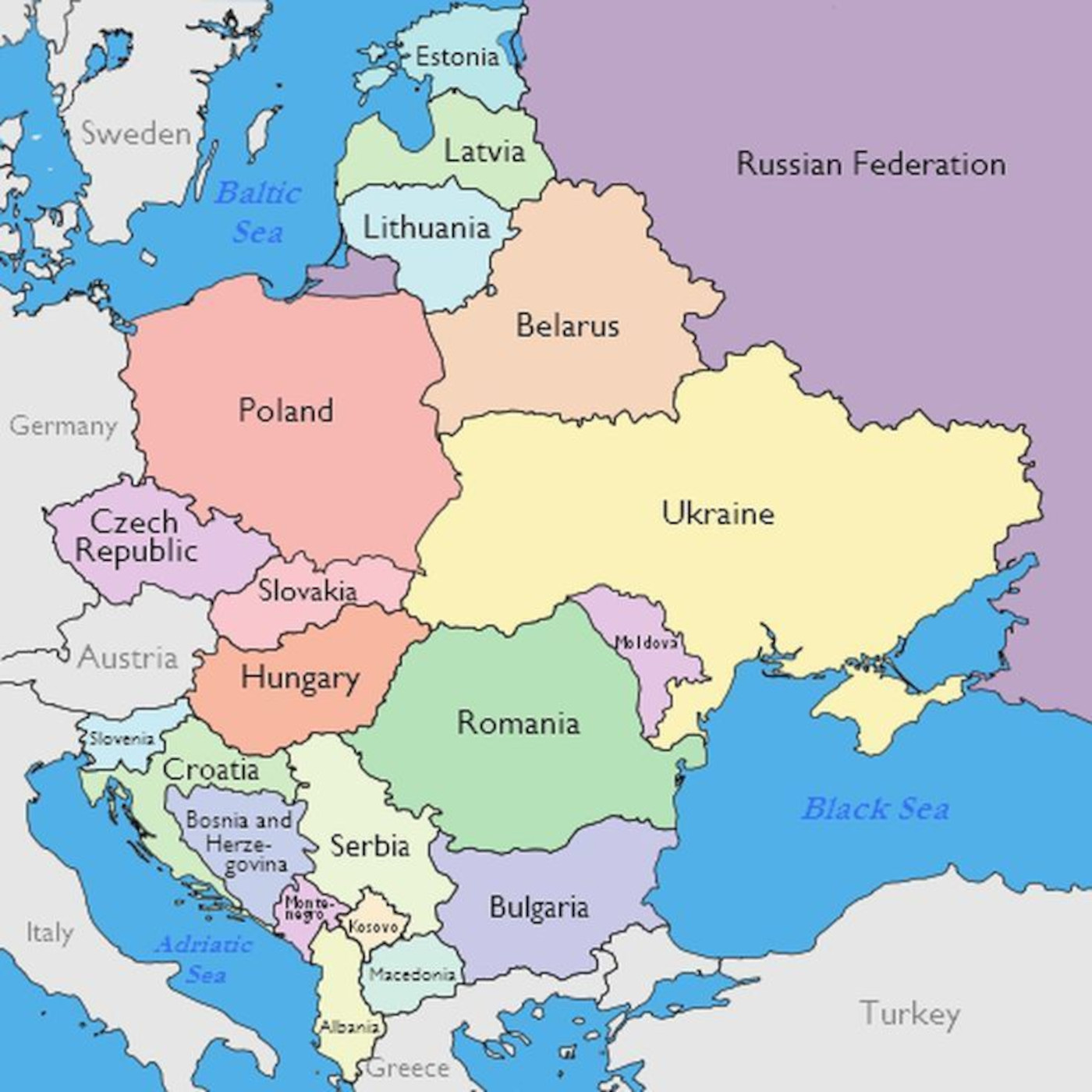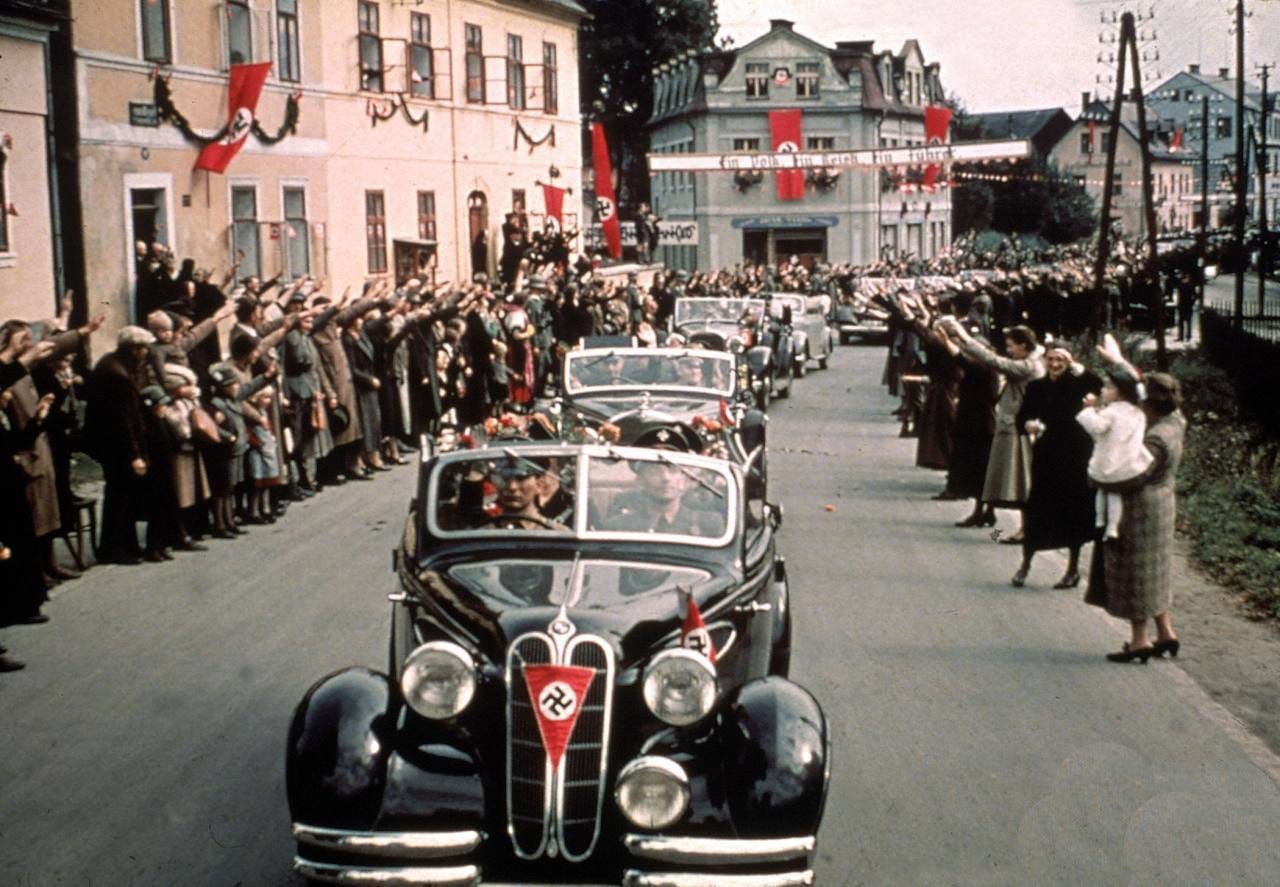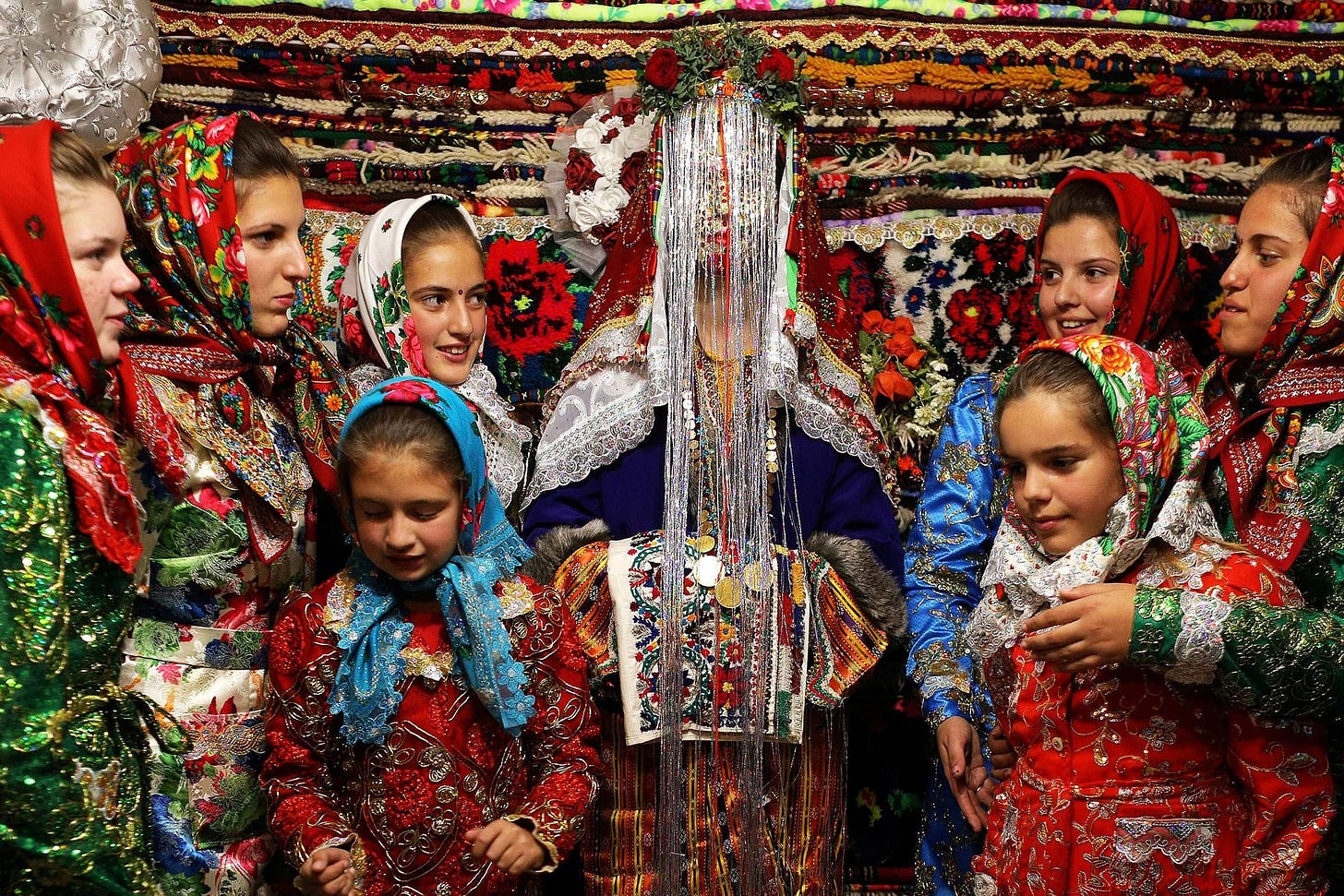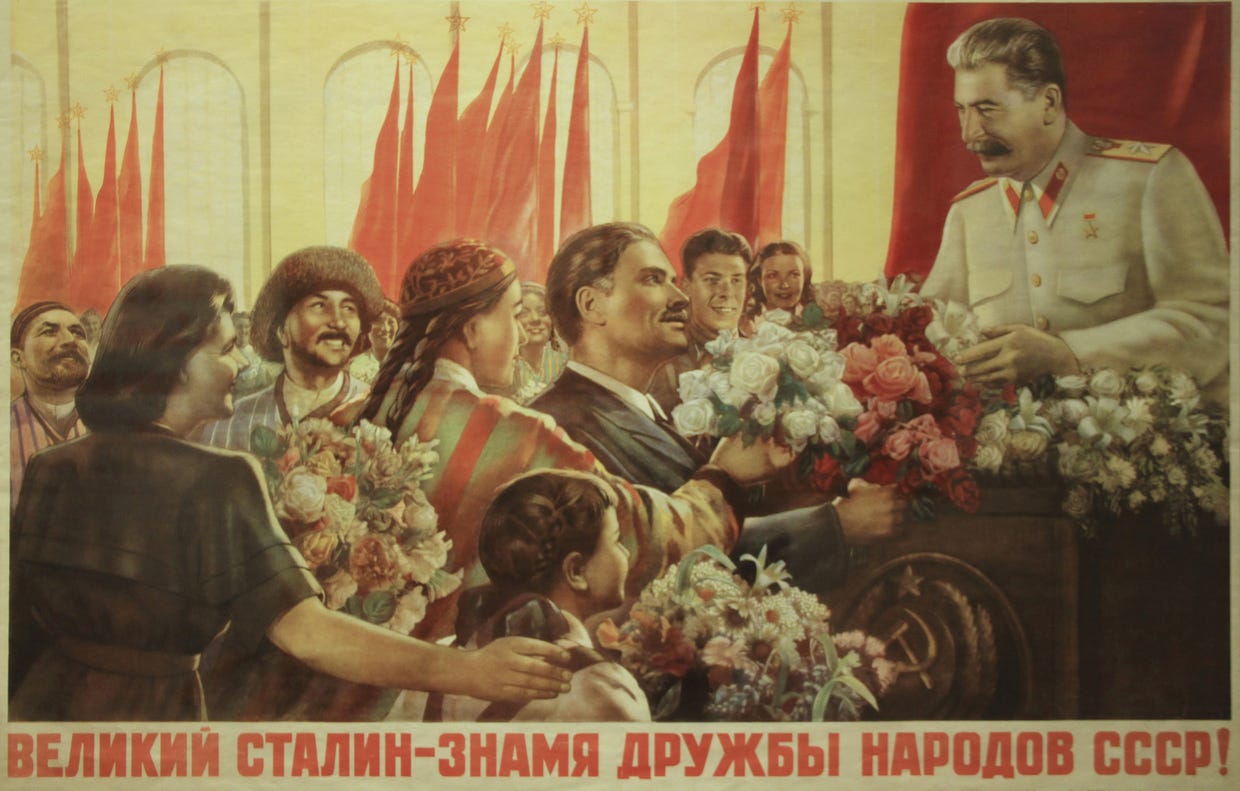If you are heading to these Cold War countries, it is good to know what to expect regarding "interpersonal relations" if I want to express it psychologically impressive.
Okay, now this is a thin-ice area, but who wants to read only Wikipedia articles, right?
The truth is that there are quite a few cultural and personality characteristics that differ wildly among EE nations, and these are not described in the European Commission bulletin praising European unity and values, as you probably guessed.
In this article, I post a general characteristic of the whole post-communist region, not a specific one. The differences in mentality and lifestyle here are huge, much larger than, let's say, between the states in the US or countries in Latin America. It is impossible to state them in one article. It's a topic for books. For a lot of books.
What does it mean?
When you have a mass of different groups of people living densely, with different incentives, then you will naturally have tensions among them and sometimes a war.
That’s why don’t be fooled by the relatively peaceful times after WW2 in Europe or the old slogans like "Nigdy więcej wojny" (Never again war) glowing on Westerplatte in Gdansk, Poland, where officially WW2 started on Sep 1, 1939.
There is a reason why the continent with the most wars in the history of the world is Europe.
When you look at the map, then the most northern country of the former Commie block is Estonia (the Baltic region). In the south, it is Albania (the Balkan region). The distance between them is approximately 2,000 kilometers (1,242 miles), but the cultural difference is like that between the inhabitants of two distant solar systems.
Estonian mentality is practically Scandinavian, and Albanian is oriental.
The countries in between vary accordingly.
What it means is that the further south you go, then not only does the air temperature rise but also the temperament of the people.
Have you ever heard about the Estonian mafia? Me neither. But down in the south…
In the direction of the west-east, there is also the influence of neighboring regions.
The closest country geographically to the Western countries is the Czech Republic, and on the opposite eastern side is Ukraine, bordering Russia.
And culturally, it’s the same. Czechia is most influenced by the West, it is the most atheistic country out of the former block and the most liberal.
Now, what does all this mean for you in terms of relocating there?
I will insanely generalize here, but roughly this:
In the north, people are socially more distant, introverted, hard-working, and quiet.
Towards the south, they are more sociable, extroverted, relaxed around work (hahaha), and loud.
What do we people from the former Communist Block have in common? Thanks to our experience with communism, where we were forced to pretend that we enjoyed living in an insane system, we learned to distrust systems.
Which could be a life-saving mindset sometimes, but bear in mind that communism also taught us to be lazy because many jobs were created just for the sake of having artificial employment, and you earned the same if you worked or not. (guess which variant people picked.)
Then stealing, a favorite activity in state-owned workplaces (in communism there were only these), was enhanced by a popular motto at that time: “He who does not steal robs his own family.”
But to end this article positively (and not piss off so many people), I will have to say this: People’s inner character is inborn.
Natural-born crooks will be crooks everywhere in the world. Society and culture have only limited power to change people.







